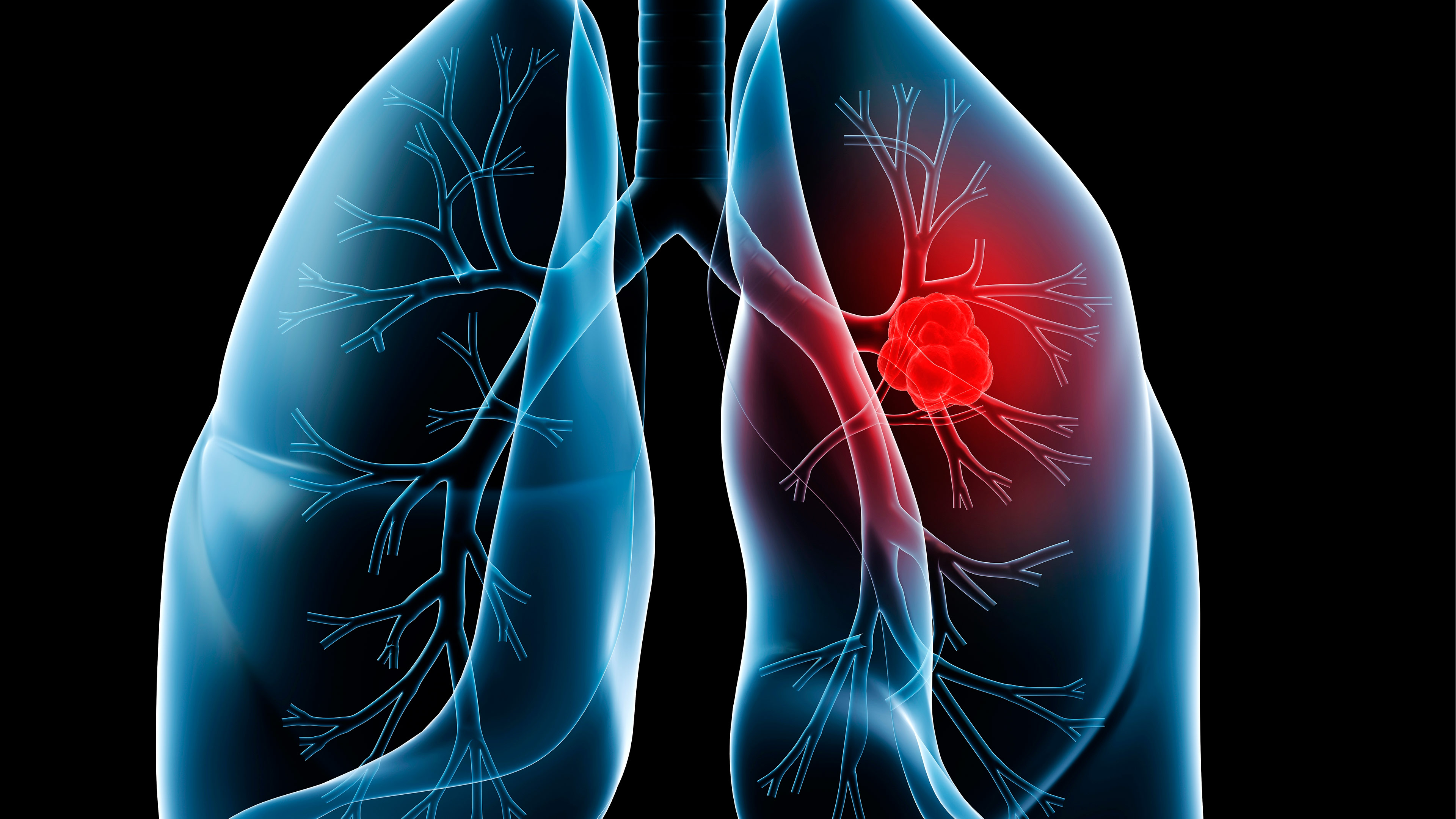Cancer
Lung

The FAA manages lung carcinomas differently, based upon the specific circumstances of the case. Malignant lung tumors do not have as favorable a long-term prognosis, and certification is less likely. The FAA may require up to three years of good recovery after treatment for some lung cancers.A person with a history of lung tumor that has been completely excised and with no evidence of metastasis may begin the recertification process six months after treatment.
For metastatic carcinoma, or any malignancy that requires chemotherapy or radiation therapy, the FAA requires one year of stabilized recovery after treatment is completed. After one year, an MRI of the brain will be required.
If the lung cancer is metastatic from a tumor that originated at a different site (for example: renal cell cancer), at least three years of observation and stability will be required before medical certification can be considered.
For all cases, the extent of lymph node involvement will affect the outcome of review and required follow-up intervals.
When treatment is completed, the following records will need to be provided to the FAA:
- Hospital records: admission/discharge summaries, operative report, pathology report, and diagnostic tests results.
- Oncology report with tumor markers and any other testing deemed necessary.
- Treatment records (when completed).
- A detailed, current status letter from the treating physician to include date of diagnosis, date of treatment(s) start and completion, medication information (name, strength, dosage, frequency and any side effects), and prognosis.
- Current Pulmonary Function Test (PFT)
- A maximum exercise treadmill stress test with pulse oximetry may be required in some cases.
How/Where to Submit to the FAA
Helps you find the contact information for submitting your medical records.
Updated April 2016